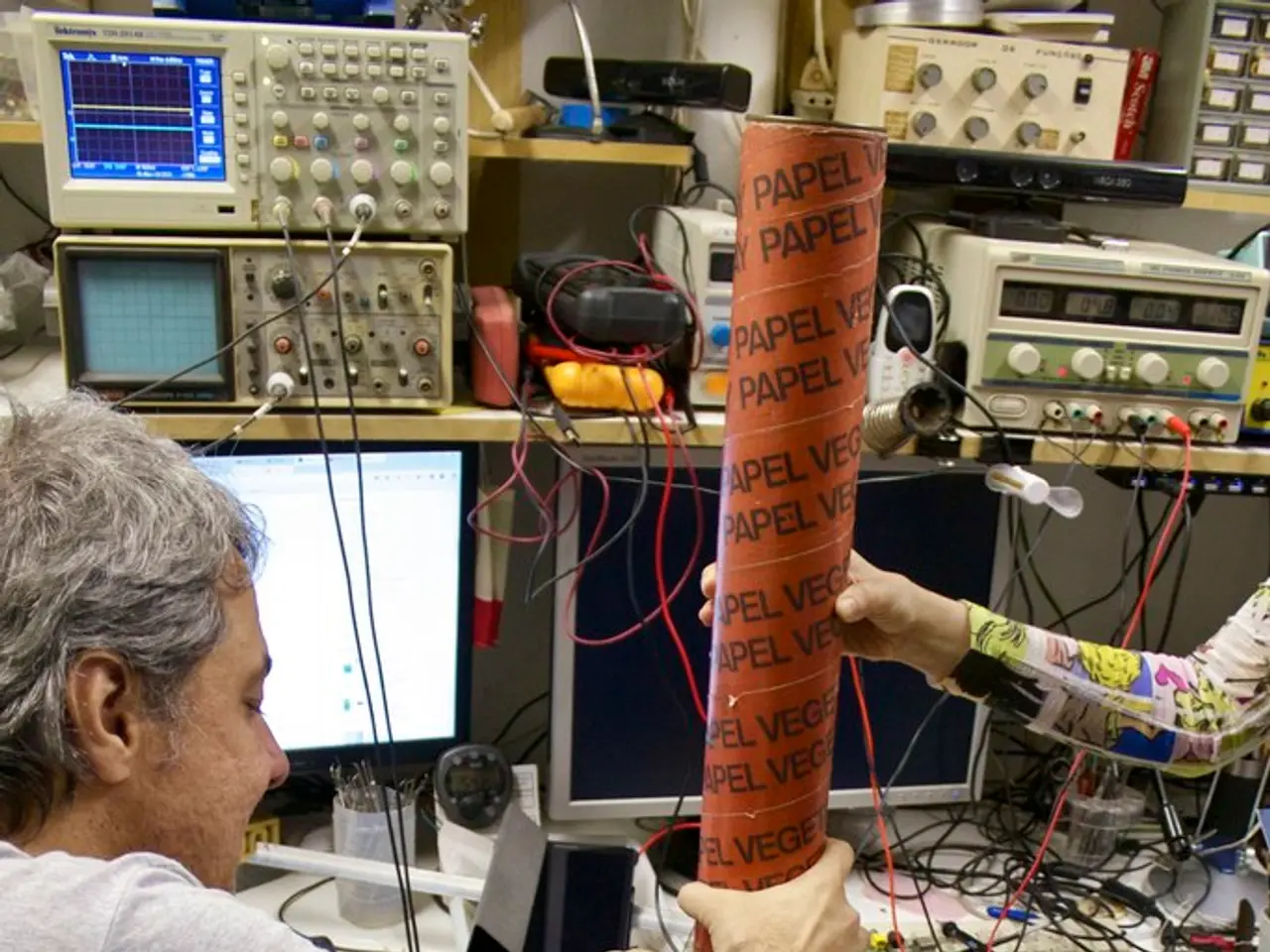Job Toughness May Ward Off Mental Deterioration
In a groundbreaking study led by Francisca Then at the University of Leipzig, it has been found that mentally demanding job tasks are associated with a slower rate of cognitive decline in old age. This research suggests that engaging in cognitively challenging work may have a protective effect on maintaining cognitive functions as people age.
Over the course of eight years, the study followed 1,054 adults aged 75 and older, regularly testing their memory and mental agility. The results indicate that the type of mental activity you do every day might be even more important for cognitive health than your education.
The study divided job tasks into three cognitive categories: executive tasks, verbal tasks, and fluid tasks. These categories encompass decision-making, abstract thinking, emotional intelligence, interpreting complex information, developing strategies, and analyzing data. Jobs involving higher rates of executive, verbal, and fluid tasks were linked with higher memory retention, slower cognitive decline, and better mental flexibility with age.
Those whose careers scored high in all three areas consistently outperformed others on memory and cognition tests, with executive function tasks showing the most protective power. The continual challenge of thinking, adjusting, and problem-solving encourages neural plasticity, which is key to resisting age-related decline.
However, it's important to note that not all jobs offer the same long-term cognitive rewards. Repetitive or overly automated jobs, even if physically demanding, may not provide the same benefits. The magic lies in jobs that require deep cognitive engagement, such as a teacher adapting lessons, a software developer debugging complex code, a project manager coordinating multi-department strategies, a writer synthesizing information, a nurse making split-second decisions, etc.
The goal isn't to chase stress, it's to court curiosity. Engaging in volunteer work, mentoring, or learning new skills after leaving full-time employment can continue the mental stimulation. The work you do now matters far beyond your next promotion; it could influence the way you think, remember, and understand the world in the decades to come.
While the direct detailed findings of this specific study by Francisca Then were not fully available in the search results, this conclusion aligns with the broader scientific consensus from similar long-term cohort studies in occupational and cognitive aging research. If more precise results from her study are needed, consulting University of Leipzig or related publications from 2024-2025 on cognitive aging and occupational complexity would be the next step.
In essence, the continual challenge of mentally demanding work can help protect your brain as you age, delaying the onset or slowing the progression of cognitive decline. Every mental lift counts; an inbox full of tough decisions might just be the best thing you can do for your future self.
- Engaging in jobs that require executive, verbal, and fluid tasks, such as teaching, software development, project management, writing, nursing, and other mentally demanding work, can contribute to improved health-and-wellness and better mental health along with delayed cognitive decline in old age, according to the research.
- Maintaining a focus on fitness-and-exercise, while essential for physical health, can be complemented by continuous mental stimulation through workplace-wellness activities like learning new skills or volunteering, which help facilitate cognitive development and promote overall health-and-wellness in the longer term.




